
Students of Tan Phong High School (District 7, Ho Chi Minh City) give flowers to congratulate their teacher on Vietnamese Teachers' Day - Photo: NHU HUNG
Recently, on August 12, the Politburo issued conclusion No. 91 on continuing to implement Resolution No. 29 on fundamental and comprehensive reform of education and training, emphasizing the policy of teachers' salaries being given the highest priority in the administrative and career salary scale system and having additional allowances depending on the nature of the work and the region. Once again, new hope was rekindled.
Resolution stuck... resolution
The issue of improving teachers' salaries has been proposed many times to be included in the law - the 1998 Education Law, the 2005 Education Law and the draft Teachers Law - but all have encountered difficulties in aiming for the highest teachers' salary in the salary scale.
The current salary of teachers has been given preferential treatment by the State, but compared to actual needs, it is still low, especially not creating motivation to keep teachers committed to the profession.
Speaking with Tuoi Tre, Mr. Vu Minh Duc, Director of the Department of Teachers and Educational Managers (Ministry of Education and Training), said that in recent years, the Ministry of Education and Training has coordinated with the Ministry of Home Affairs and related ministries and branches to realize the policy of "teachers' salaries being ranked highest in the administrative career salary scale".
The proposal on teachers' salaries is based on Resolution 27 of the Central Committee regulating salaries in the administrative career system and Resolution 29 of the Central Committee on fundamental and comprehensive innovation of education and training.
In the draft Law on Teachers, the Ministry of Education and Training proposed that teachers' salaries be classified according to job positions suitable to the characteristics of teachers' work.
In addition to salaries, teachers are entitled to preferential allowances according to their profession. In the draft Law on Teachers, the Ministry has proposed that the allowance according to their profession account for 35% of the total basic salary fund of the entire sector and be allocated to different groups depending on the specific characteristics of the job and the workplace.
The Ministry also proposed appropriate allowances for teachers working in remote, isolated and particularly disadvantaged areas to overcome the shortage of teachers, with the hope that teachers working in border and island communes will receive salaries equivalent to those of armed forces working in these areas.
In the direction of improving teachers' salaries, there is only one issue that the Ministry of Education and Training is concerned about: if Decree 27 is implemented, seniority allowance (one of the two types of allowances currently applied) will be abolished. This will make a number of teachers with seniority worried.
But overall, teachers' income is generally positive and encourages teachers to stick with the profession.
However, the draft Law on Teachers has not yet been submitted to the National Assembly for approval. Meanwhile, according to some education experts, Resolution 27 stipulates that salaries in the administrative and public service system are the same, so it is difficult to implement teachers' salaries at the highest level in the salary scale as in the draft Law on Teachers.
Some education experts believe that in order to achieve the highest salary level for teachers in the salary scale and shorten the implementation process, it is necessary to develop a separate resolution on teachers' salaries.
Many teachers quit their jobs and change careers.
According to statistics from the Ministry of Education and Training, from August 2023 to April 2024, 7,215 teachers nationwide quit their jobs or changed jobs.
Of which, the number of teachers quitting the profession at preschool level is 1,600 people. From August 2020 to August 2023, the whole country has more than 40,000 teachers quitting and changing jobs, with 12,090 teachers in the 2022-2023 school year alone.
Low and unstable income is one of the reasons why teachers quit their jobs and change careers, and this situation has increased significantly during the years of the Covid-19 pandemic.
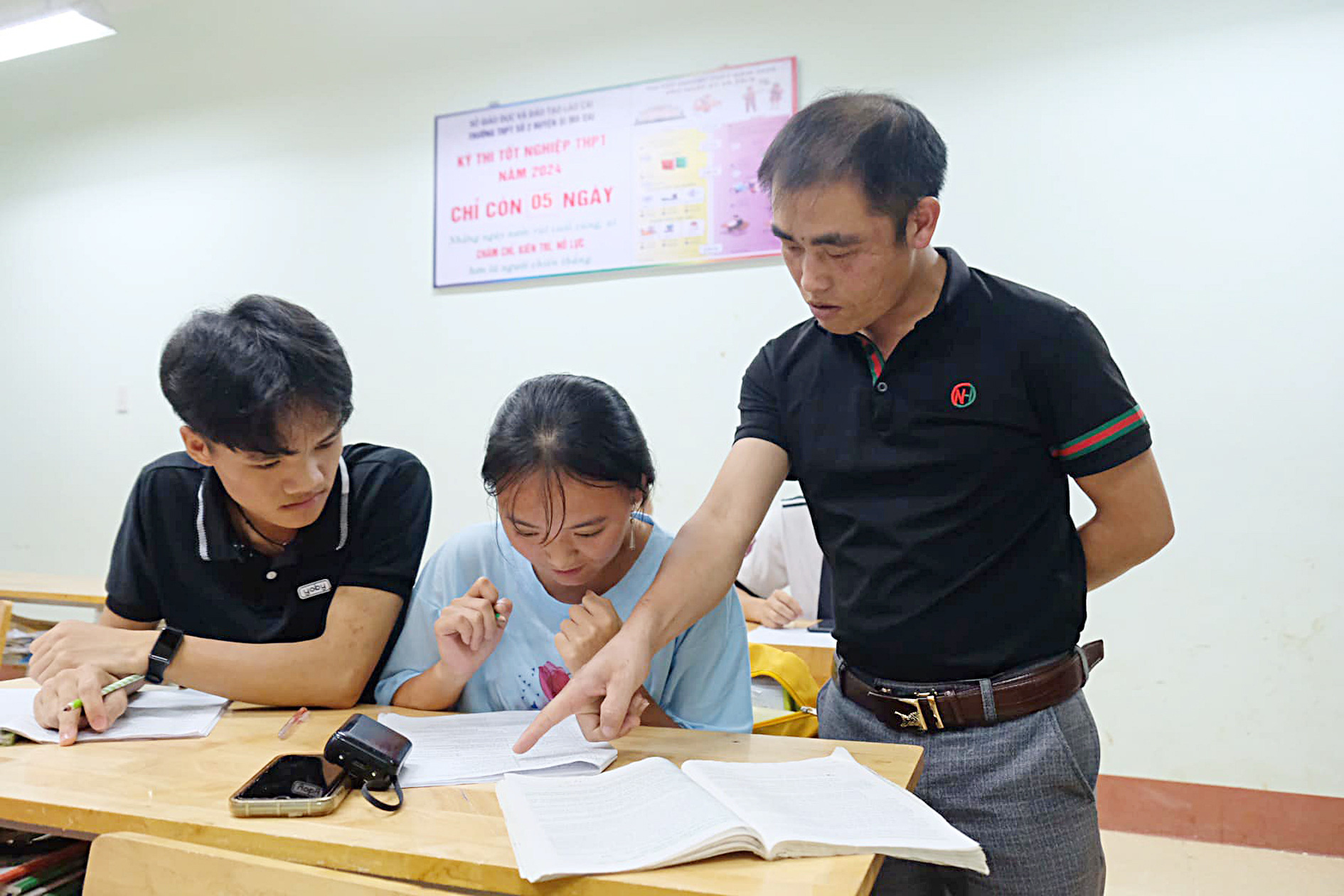
The Ministry of Education and Training has proposed that teachers working in border and island communes receive salaries equivalent to those of armed forces working in these areas. In the photo: teachers and students of Si Ma Cai High School No. 2 (Lao Cai) - Photo: NGUYEN BAO
After 2026, new salary and allowance tables will be presented.
According to the adjustment of the basic salary from 1.8 million to 2.34 million VND from July 1, 2024, teachers' salaries range from 4.9 - 15.87 million VND.
The new salary is about 1.13 - 3.7 million VND higher than the old one. Although it has not reached the goal of "highest teacher salary in the salary scale", the adjustment to increase the basic salary is also a factor to encourage teachers.
National Assembly delegate Duong Minh Anh (Hanoi delegation) commented that the salary policy for teachers is stated in Resolution 29 on fundamental and comprehensive innovation of education and training.
However, after 11 years, the policy is still on paper and has not been implemented. Throughout this time, teachers have always hoped that one day there will be a major change in salary policy for teachers.
According to Ms. Anh, the current salary and income of teachers is still low, and some teachers do not even have enough to cover their family's living expenses.
Many people have had to quit, change jobs or take on extra work. This has led to teachers not fulfilling their roles and not being dedicated to their profession.
Besides, school staff is a part that usually accounts for less than 10% of the total staff of a school but plays an important role in the operation and development of a school.
Although they work 8 hours a day, they do not receive public service allowances like civil servants and they do not receive seniority like teachers even though they work in the same field. Currently, their allowances are very low, and some positions do not receive any allowances.
"The Politburo has issued Conclusion 91 stating that the implementation of the policy of teachers' salaries being given the highest priority in the administrative career salary scale system and having additional allowances depending on the nature of the job and the region.
At the same time, the draft Law on Teachers also clearly states this content. Therefore, it is recommended that the National Assembly and the Government in the coming time, when implementing salary policy reform, need to specify the Party's resolutions and the Politburo's conclusions on teachers' salaries and allowances and have priority policies for school staff," Ms. Anh said.
Previously, the Ministry of Home Affairs had a document responding to Lam Dong voters' opinions regarding ensuring preferential allowances, seniority... so that teachers can work with peace of mind and limit quitting the profession.
According to the Ministry of Home Affairs, from July 1, 2024, public sector salaries have been adjusted according to Decree 73 of the Government, raising the basic salary from VND 1.8 million/month to VND 2.34 million/month (an increase of 30%) and implementing a bonus regime for cadres, civil servants, public employees and armed forces.
When raising the basic salary, the current allowance regimes will continue to be implemented, including preferential allowances and seniority allowances for teachers.
In the process of implementing allowance regimes, especially seniority allowance regimes, if any unreasonable issues arise, the Ministry of Home Affairs will coordinate with ministries, industry and sector management agencies to study and submit to competent authorities for consideration of appropriate amendments and supplements.
The Ministry also said it will study and propose the implementation of new salary tables and allowance regimes of the public sector according to Resolution 27 to submit to the central government for consideration after 2026 as required in Conclusion 83 of the Politburo.
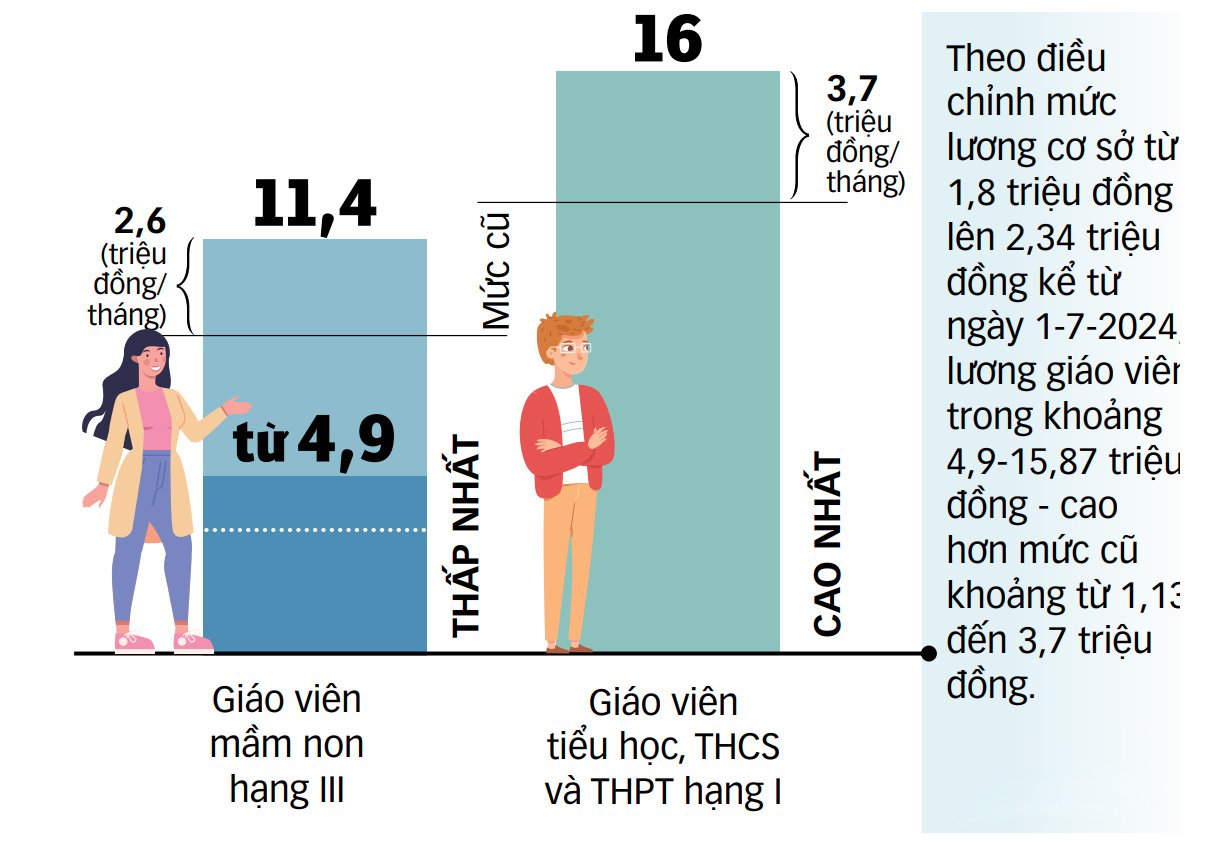
Document: VINH HA - Graphics: N.KH.
Back then teachers' salaries were the second highest.
I graduated from the Mathematics Department of Saigon University (now Ho Chi Minh City University of Education) in 1967 and was assigned to teach at Vinh Binh Public High School (Tra Vinh province) from then until 1979.
My new teacher's salary was over 7,000 dong with an index of 470 - equivalent to over 2 taels of gold (at that time gold was only 3,000 dong/tael). This salary was the second highest in the State's salary scale, just behind doctors.
After that, every 2 years we get a raise, each time increasing by 20 points. From the third raise onwards, it increases by 40 points.
With that salary, we could support our whole family. At that time, my family lived in My Tho, so I stayed with relatives in Tra Vinh to teach. Every month, after receiving my salary, I sent a portion to my mother to raise my siblings. I kept a portion and spent it quite comfortably because of my high income.
That was about salary, and our teachers' jobs back then were also leisurely and not stressful like teachers today.
Each teacher taught 18 compulsory periods per week, and if they taught extra periods, they would receive extra pay. At that time, there were many sets of textbooks, and teachers could choose their own books to teach their students.
I did not choose any textbooks but compiled my own lessons based on the program that the Ministry of Education announced at the beginning of the school year.
In general, at that time, the teaching profession was respected both materially and spiritually. When people heard that I was a teacher, they admired and respected me a lot.
Mr. Trinh Van Di (82 years old, living in Tan Phu district, Ho Chi Minh City)
* Delegate NGUYEN THI VIET NGA (member of the National Assembly's Committee on Culture and Education):
Research on raising special allowances for teachers
To increase teachers' salaries and incomes without salary reform, the authorities should review and consider when drafting the Law on Teachers as well as other regulations to carefully assess the impact so that they can study and increase the special allowances for teachers. In fact, the industries and fields with high incomes are currently due to high special allowances, and salaries without reform will be very difficult to be ranked outside the general regulations.
Another issue that needs to be mentioned is that although teachers have their own characteristics, when considering salary increases for any profession, it is necessary to carefully evaluate the impact in the overall context, in relation to other professions as well as the actual conditions of the budget and the country.
It should also be added that due to the shortage of teachers, there are still many informal contract teachers (not civil servants) in localities. Among them are teachers with long-term contracts but receive very low benefits, are not entitled to seniority allowances, are not entitled to salary increases according to the current salary policy of the State and are not entitled to teaching allowances... In these cases, salary and income payments will depend on the budgets of schools and localities.
In the coming time, in reforming salary policy for teachers, there also needs to be a mechanism to calculate for them to have a salary and income to ensure a better life.
Southeast Asian countries seek solutions to increase teachers' salaries
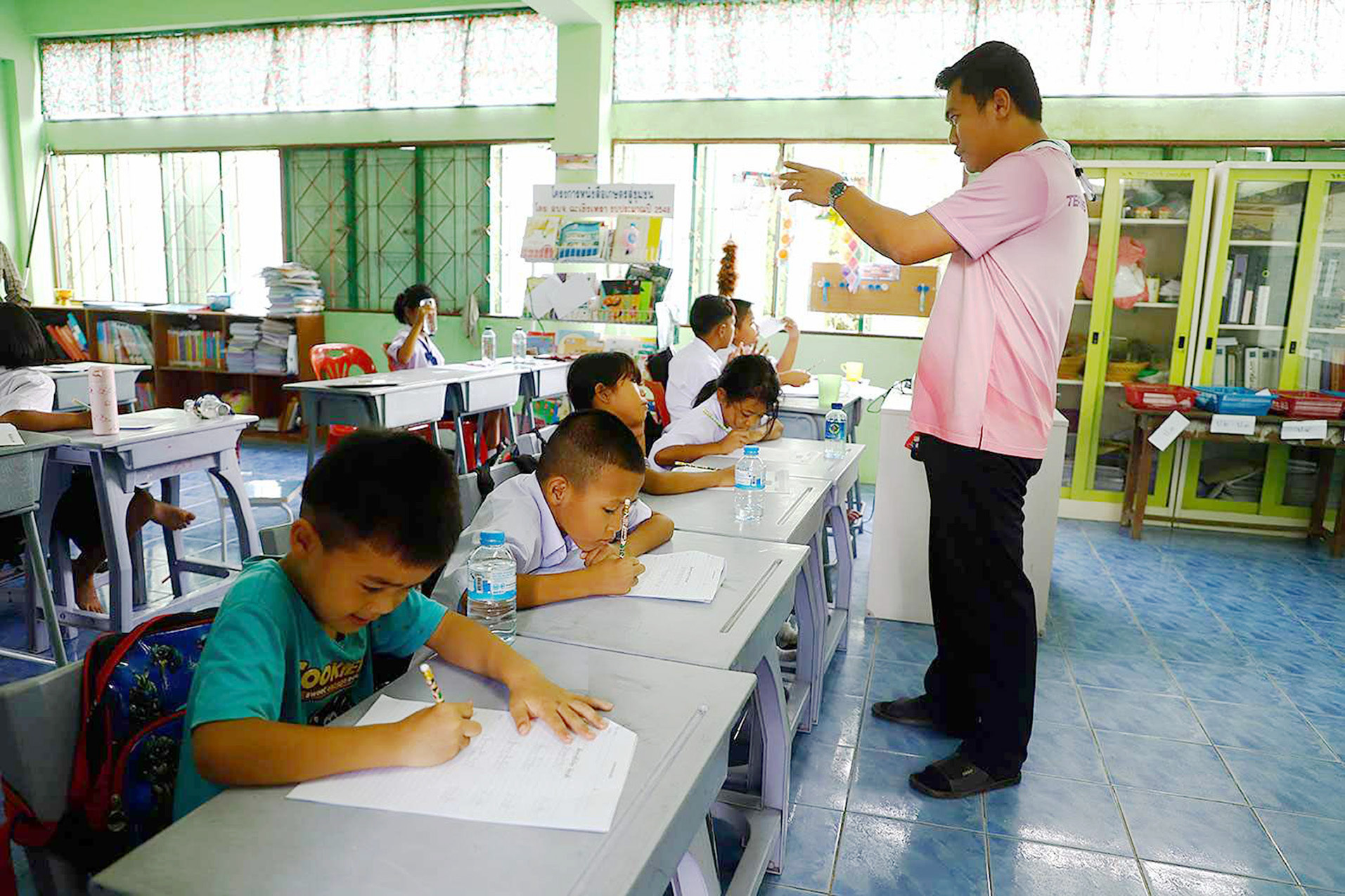
High school teacher in Thailand - Photo: BANGKOK POST
In Southeast Asia, teacher salaries vary significantly between countries. Many countries are taking steps to improve their teachers' earnings.
In Thailand, the current monthly salary for teachers ranges from 22,000 to 40,000 baht (635 to 1,155 USD/month), depending on the level of education and location.
However, in general, according to AsiaOne , the average salary of Thai teachers is 1.75 times higher than Thailand's GDP per capita (6,900 USD/year). Despite being considered to have good benefits, Thailand still has a great demand for native English teachers, including in both public and private schools.
In the Philippines, according to Gulf News , the government has set out a plan to increase teachers' salaries through an executive order. The salary increase plan will be implemented in four phases from 2024 to 2027.
The starting salary for primary school teachers is PHP28,521 per month (US$498/month). The government's goal is to make public sector teacher salaries more competitive with those in the private sector, while also lessening the impact of rising living costs on public school teachers.
In Singapore, the quality of education and health care is always highly appreciated. The salary for teachers in Singapore is quite high compared to other countries in the region, ranging from 2,500 - 4,500 USD/month. Although high compared to teachers in other countries, the salary is still only equal to 70 - 80% of GDP per capita in Singapore, which is among the top in the world (82,000 USD/year).
In Malaysia, the average salary of a primary school teacher is around RM3,000 to RM4,000 (US$676 - US$902/month). This salary is neither too high nor too low, approximately equal to the average GDP per capita in Malaysia (US$11,993/year).
According to the Southeast Asia Salary Trends 2024 report, Malaysia is expected to increase salaries by about 5% this year to help teachers improve their lives.
Source: https://tuoitre.vn/luong-nha-giao-bao-gio-du-on-de-vuc-duoc-dao-20240818223737614.htm


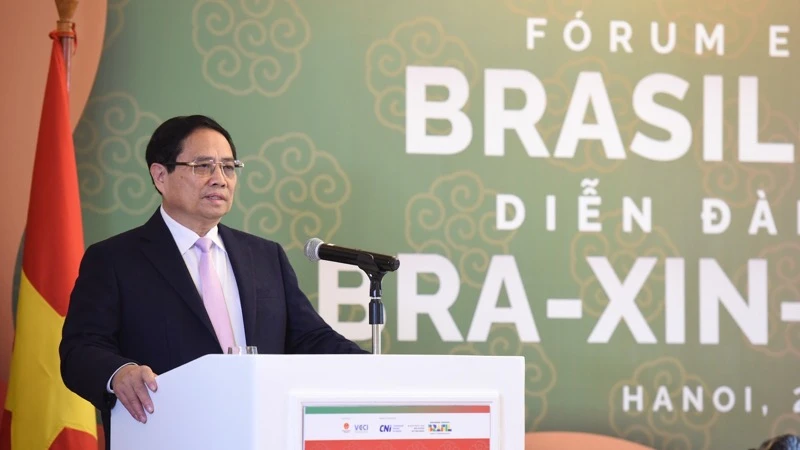
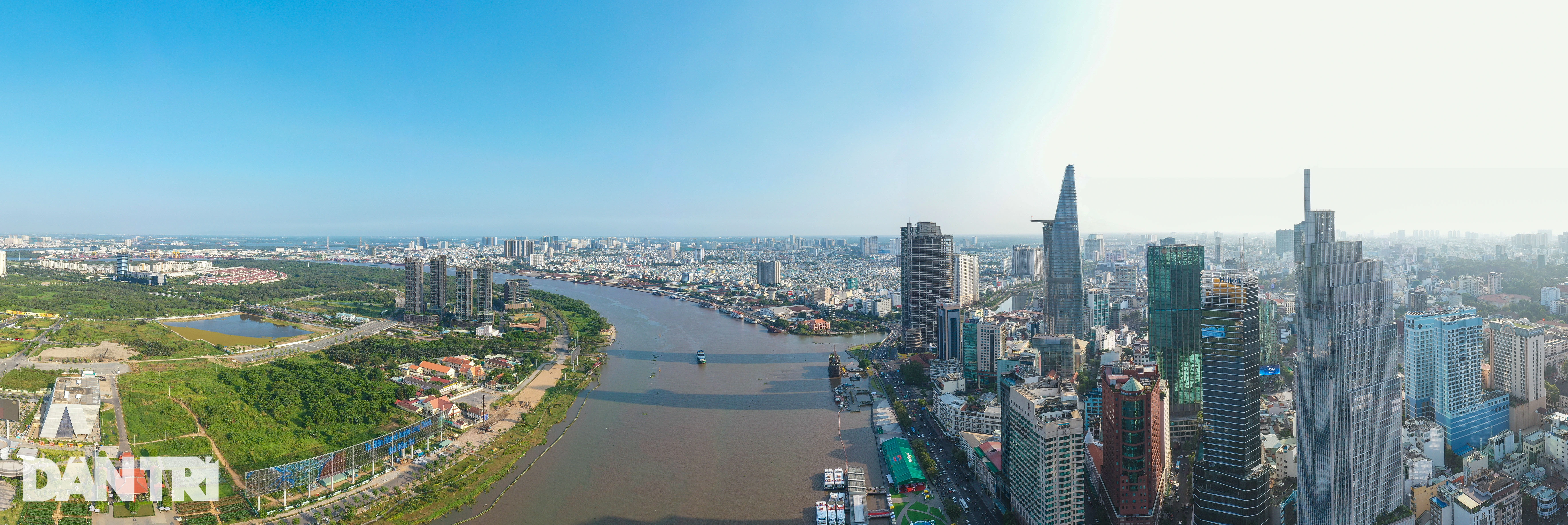



![[Photo] Prime Minister Pham Minh Chinh and Brazilian President Luiz Inácio Lula da Silva attend the Vietnam-Brazil Economic Forum](https://vstatic.vietnam.vn/vietnam/resource/IMAGE/2025/3/29/f3fd11b0421949878011a8f5da318635)
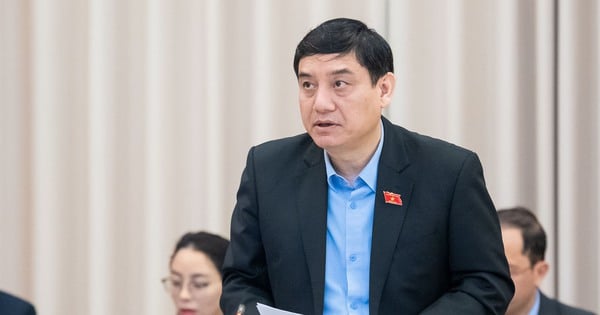

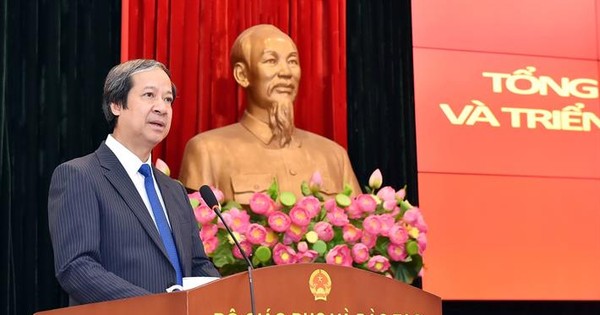



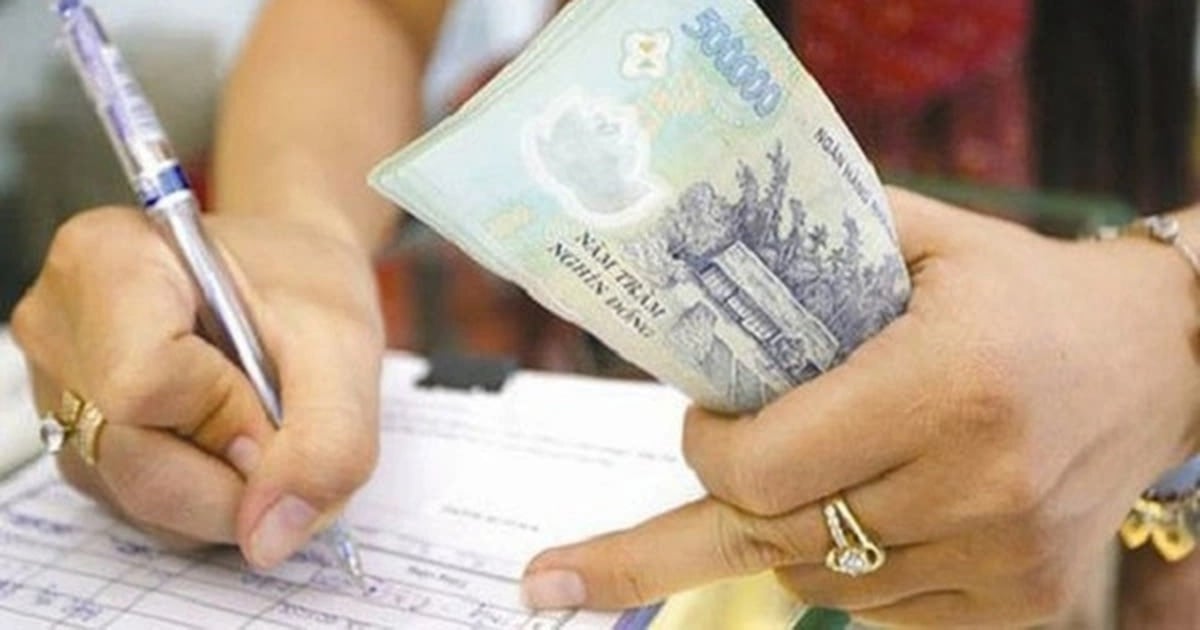















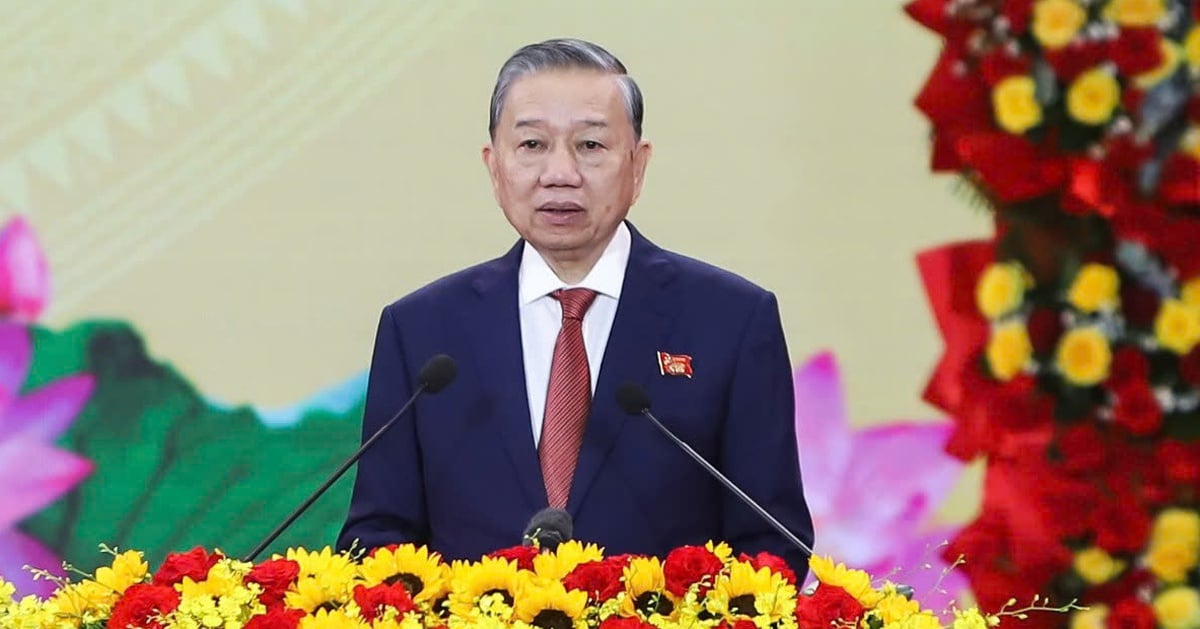
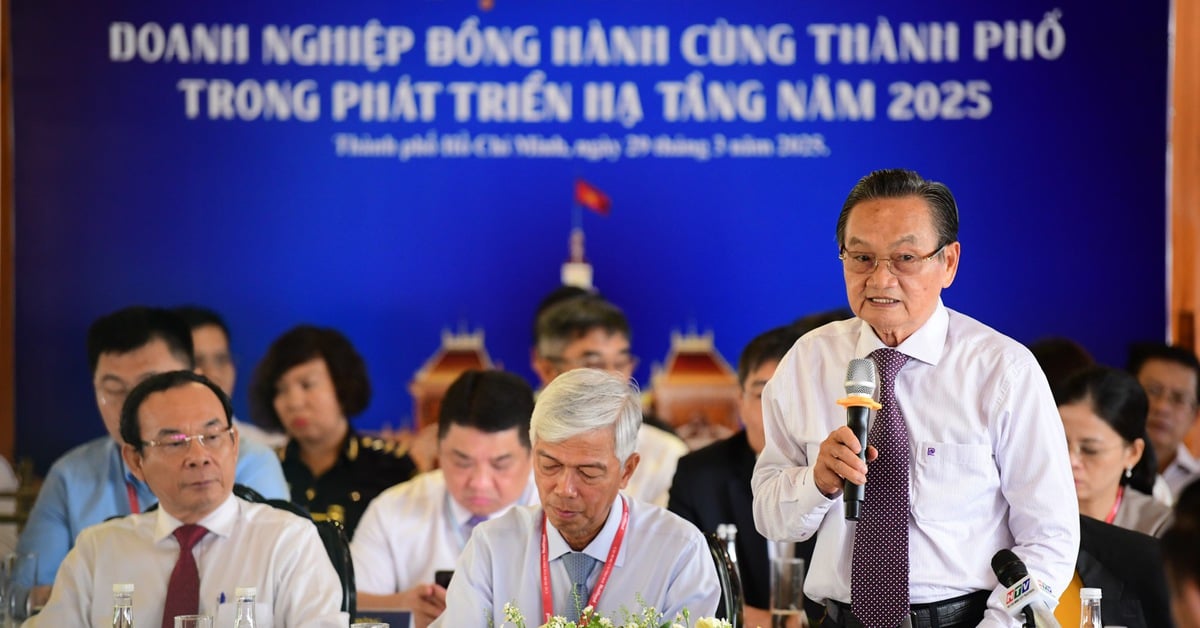


![[Photo] Brazilian President visits Vietnam Military History Museum](https://vstatic.vietnam.vn/vietnam/resource/IMAGE/2025/3/29/723eb19195014084bcdfa365be166928)
































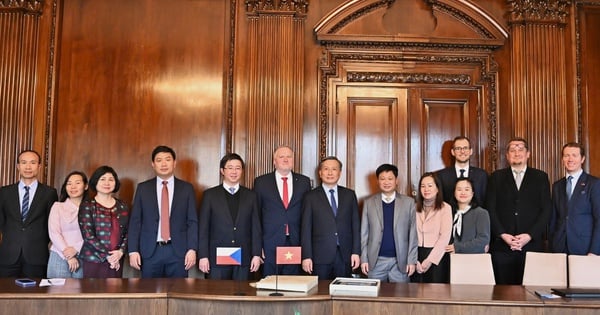

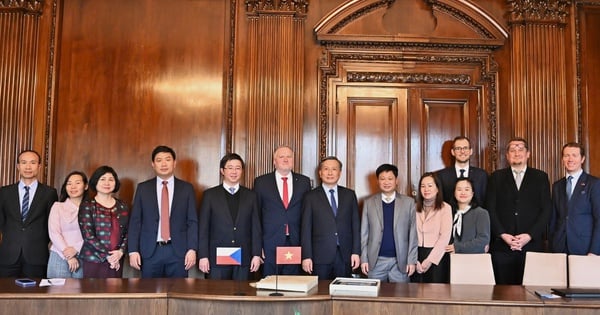


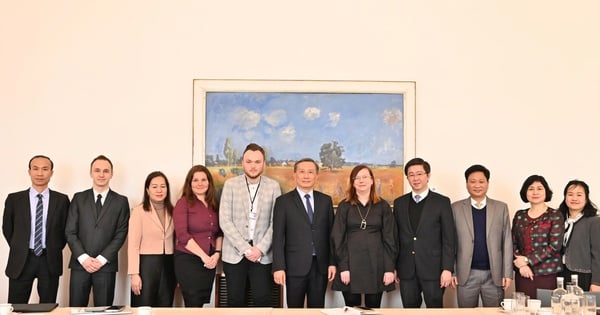





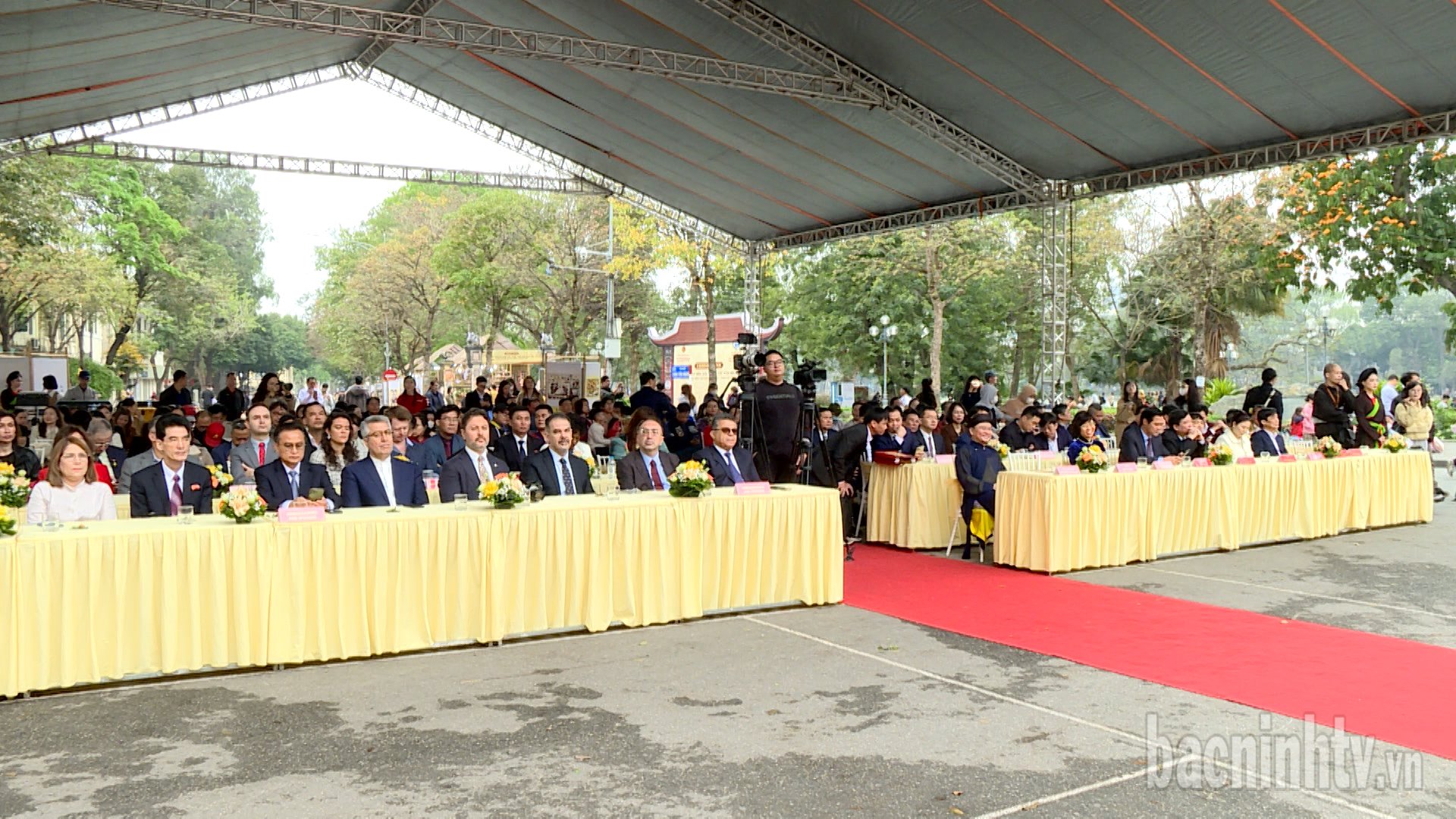




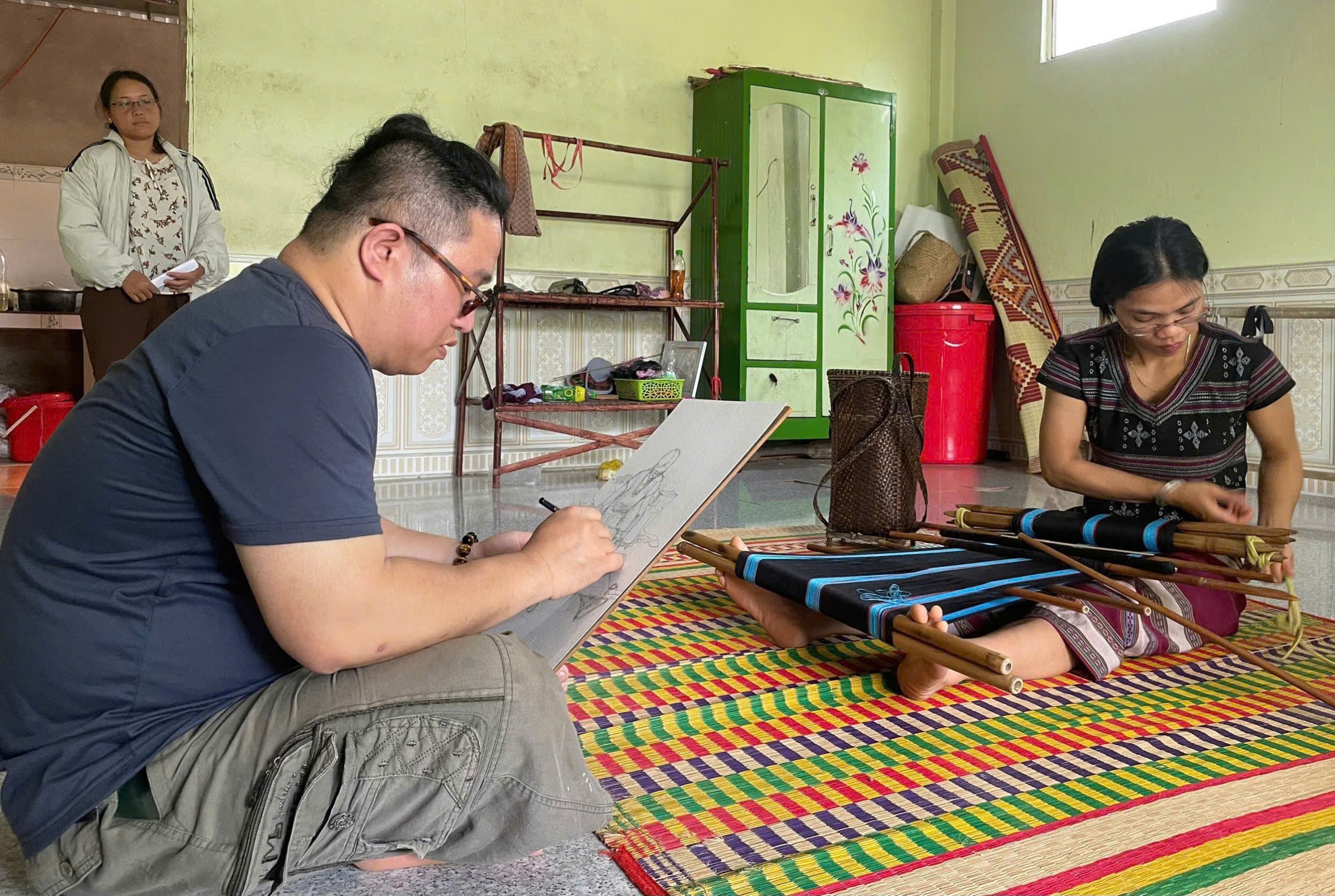











Comment (0)